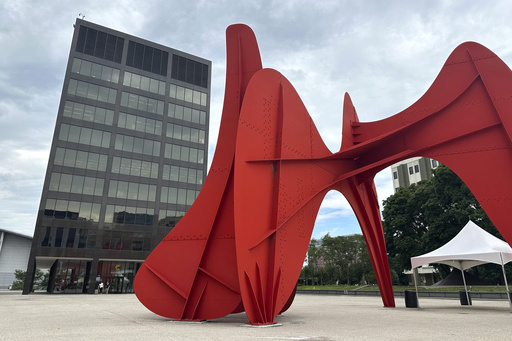Michigan is in the spotlight as it approaches crucial state primaries that could impact the outcome of the U.S. Senate, U.S. House, and the state legislature. One significant contest is the Democratic primary to succeed U.S. Sen. Debbie Stabenow, featuring U.S. Rep. Elissa Slotkin and entrepreneur Hill Harper. Slotkin has narrowly held her district since 2018 and is likely to face former U.S. Rep. Mike Rogers in the general election if she wins the primary.
In the 7th Congressional District race to replace Slotkin, Democrat Curtis Hertel and Republican Tom Barrett are uncontested for their parties’ nominations. Other districts like the 3rd, 8th, and 10th also have contested primaries that could influence the balance of power in the U.S. House. Notably, the 10th District includes Macomb and Oakland counties, with Democrat Carl Marlinga aiming for a rematch against Republican U.S. Rep. John James.
Michigan voters will also decide nominees in 67 contested state House primaries, with all 110 state House seats up for grabs in November. The state Senate seats will not be contested until 2026. Michigan’s state primary is scheduled for Tuesday with polls closing at 8 p.m. local time. The Associated Press will provide results for U.S. Senate, U.S. House, and state House races.
In the U.S. Senate primary, former U.S. Rep. Mike Rogers is a front-runner, particularly in the areas he represented in Congress. Detroit businessman Sandy Pensler, despite withdrawing from the race, will still be on the ballot. Turnout for the primaries in Michigan has historically been around 12-13% of registered voters, with a portion of ballots cast before the primary day.
Vote-counting in previous primaries has been relatively swift, with results announced shortly after polls close. With 91 days until the November general election, the primaries on Tuesday could shape the political landscape in Michigan and beyond.
